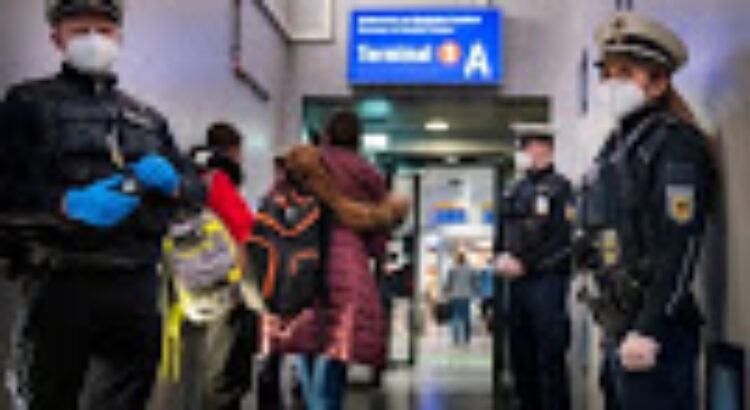Germany won’t allow some nonresidents to enter the country, even with a negative test.
Germany on Friday announced its plans to restrict incoming travel from a handful of countries, including Britain and Ireland, in an attempt to curb the spread of infectious coronavirus variants, going beyond the measures recommended by the European Union.
“It’s about stopping the entry of a highly infectious virus,” Horst Seehofer, Germany’s interior minister, said on Thursday, a day before the federal cabinet approved the restrictions.
Under the new travel ban — which also applies to passengers coming from Portugal, Brazil, South Africa, Lesotho and Eswatini (formerly known as Swaziland) — German residents will be able to return home, but non-German residents from the areas in question will be refused entry, even with a negative coronavirus test.
While multiple known infectious variants have been found in Germany, including the B.1.1.7 variant at a hospital in Berlin, which then had to go into lockdown, health authorities believe they can still prevent variants from spreading and driving new infections.
The changes will go into effect over the weekend and will be in place until at least Feb. 17. It follows a temporary halt in travel for all passengers coming from the United Kingdom and South Africa, which was lifted a few days after it was enacted. All nonessential travel remains discouraged.
Fuente de la Información: https://www.nytimes.com/2021/01/29/world/germany-wont-allow-some-nonresidents-to-enter-the-country-even-with-a-negative-test.html








 Users Today : 47
Users Today : 47 Total Users : 35460430
Total Users : 35460430 Views Today : 87
Views Today : 87 Total views : 3419250
Total views : 3419250